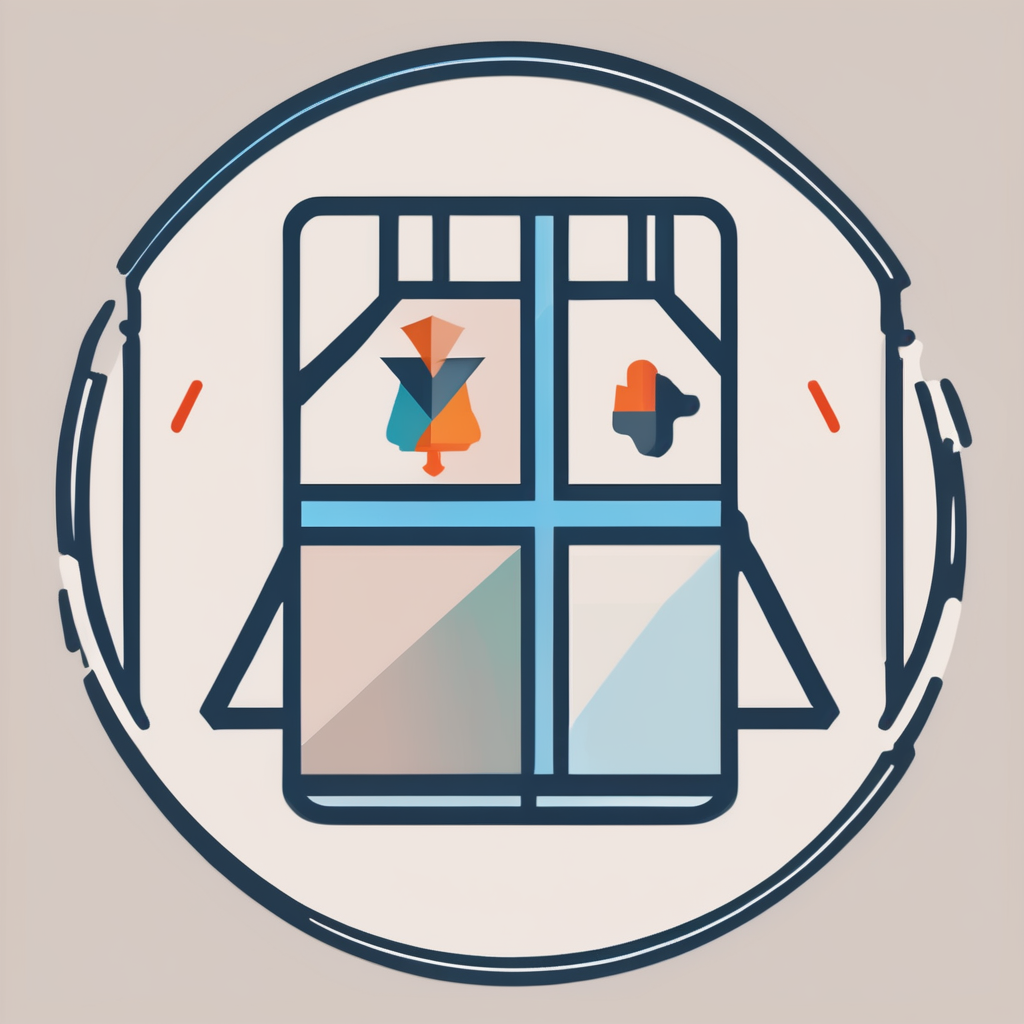How the Latest Technological Advancements in Healthcare Are Transforming Patient Care
Healthcare technology is reshaping patient care faster than ever. In 2024, over 60% of UK hospitals reported improved outcomes thanks to digital tools, according to the NHS Digital Report. From wearable devices monitoring health in real-time to AI assisting diagnostics, these innovations blend tradition with future promise. But how exactly are these breakthroughs changing the way we experience healthcare today?
This might interest you : How is the education sector evolving in the digital age?
Exploring the Impact of Emerging Technologies on Healthcare Delivery in the UK
Healthcare in the UK is rapidly evolving, thanks to a wave of emerging technologies that are changing how patients and professionals interact. From AI-driven diagnostics to wearable devices monitoring vital signs in real time, these innovations are transforming patient care across the NHS.
Take, for example, AI algorithms helping clinicians spot patterns in patient data that would be nearly impossible to detect otherwise. This means faster, more accurate diagnoses and personalised treatment plans. Meanwhile, wearable devices empower patients to take charge of their health, offering continuous monitoring outside hospital walls. NHS pilot programmes have shown promising results, reducing hospital visits and enabling proactive interventions.
Topic to read : How are economic shifts influencing international relations?
Yet, the picture isn’t all rosy. Challenges such as data privacy concerns, technology accessibility, and ensuring equitable care remain. Some patients might find new tools daunting or struggle without robust digital literacy support. Striking the right balance between innovation and inclusivity is vital to truly harness the benefits of these advancements.
Innovations Shaping Healthcare with New Technology: What to Expect Next
The future of healthcare is being rewritten by exciting innovations that promise to transform how we monitor and treat patients. Imagine tiny sensors tucked beneath your skin, continuously tracking vital signs without a single needle prick. This non-invasive monitoring isn’t science fiction—it’s rapidly becoming reality, offering doctors real-time data to make faster, more precise decisions.
Meanwhile, artificial intelligence is stepping into the spotlight, analyzing complex medical images and spotting patterns invisible to the human eye. AI diagnostics not only speed up detection but also personalise care, tailoring treatment plans with precision previously unimaginable. As these technologies mature, clinical practice will become increasingly data-driven, improving outcomes while easing the burden on healthcare professionals.
Such advancements hint at a future where healthcare management feels less like a chore and more like a seamless partnership between patient and practitioner, supported by intelligent digital tools. It’s a brave new world, but one that’s already unfolding before our eyes.
Five Ways Technology Is Improving Healthcare Services Today
Technology is reshaping healthcare in ways that once belonged only to science fiction. From managing vast amounts of patient information to supporting clinical decisions, these advances are streamlining care and making it more accessible.
- Efficient Data Management: Modern systems handle enormous volumes of patient data with ease, allowing healthcare providers to track treatments and outcomes swiftly and accurately.
- Digital Patient Records: Electronic health records replace bulky files, ensuring that your medical history is instantly available wherever you go, reducing errors and saving time.
- Remote Monitoring: Wearable devices and apps now let doctors monitor vital signs in real-time, keeping patients safe without the need for constant hospital visits.
- Decision Support Systems: Artificial intelligence tools assist clinicians by analyzing data patterns, helping to diagnose conditions sooner and tailor treatments more effectively.
- Improved Accessibility: Telehealth services break down geographical barriers, offering consultations and follow-ups to those who might otherwise struggle to access care.
As technology continues to evolve, it promises even greater enhancements to healthcare delivery, making quality care more personalized and reachable than ever before.
Why Digital Health Is Revolutionising Patient Data Management
In today’s fast-paced healthcare landscape, digital health is transforming how patient data is handled. The shift to electronic records not only boosts the accuracy of patient information but also speeds up access for medical professionals, a change highlighted in recent surveys from trusted UK institutions like the NHS Digital.
Gone are the days of misplaced files and delayed test results. Thanks to advanced digital systems, patient records are updated in real-time, ensuring doctors and nurses have the most current information at their fingertips. This enhances care quality and helps avoid costly errors. Moreover, with robust security measures, sensitive health data is better protected against breaches, offering patients peace of mind.
The integration of new technologies, such as intelligent data platforms and secure sensors, reflects a broader commitment within the UK healthcare system to leverage innovation for improved patient outcomes. As digital health continues to evolve, managing patient data is becoming not only more efficient but also more dependable, reshaping the future of care delivery.
Potential Risks and Challenges of Relying on Technology in Healthcare
While technology has revolutionized healthcare, it’s not without its pitfalls. One major concern is data privacy. Sensitive patient information stored digitally can be vulnerable to breaches, shaking trust in systems meant to protect us. Imagine your medical history accidentally slipping into the wrong hands—an unsettling thought, isn’t it?
Moreover, an overreliance on digital tools might lead clinicians to overlook the nuances of traditional medicine and human judgement. System errors, whether due to software glitches or faulty algorithms, can have serious consequences, especially in critical care situations. Beyond the tech itself, the digital divide remains a stubborn barrier. Not everyone has equal access to the latest technologies, leaving some patients behind and deepening health inequalities.
Your Questions on How Technology Is Changing Healthcare
How are new technologies changing healthcare in the UK?
New technologies in the UK are speeding up diagnoses, personalising treatments, and enhancing patient monitoring. Digital tools like AI and mobile apps are transforming clinical practice, making healthcare more efficient and patient-centred than ever before.
What are the most important technological advancements in healthcare today?
Artificial intelligence, wearable devices, and telemedicine top today’s innovations. They improve accuracy, enable remote care, and empower patients to manage health proactively—all reshaping how treatment is delivered and experienced.
How will future innovations impact patient treatment and care?
Future breakthroughs promise more personalised, precise care with AI-driven decision-making, robotics, and advanced data analysis enhancing treatment outcomes and patient experiences in ways we’re just beginning to imagine.
What role does technology play in improving healthcare accessibility?
Technology breaks down barriers by offering remote consultations, mobile health tools, and real-time data sharing, ensuring more people—especially in remote areas—can access timely and effective care.
Are there any risks associated with relying on technology in healthcare?
Overreliance can cause data breaches, technical failures, and reduced human oversight. Balancing technology with professional judgement is essential to maintain patient safety and trust.
How does the NHS use technology to enhance its services?
The NHS integrates digital records, telehealth, and AI to streamline workflows, improve diagnostics, and expand care reach—showing a strong commitment to innovation while maintaining patient-centred values.






